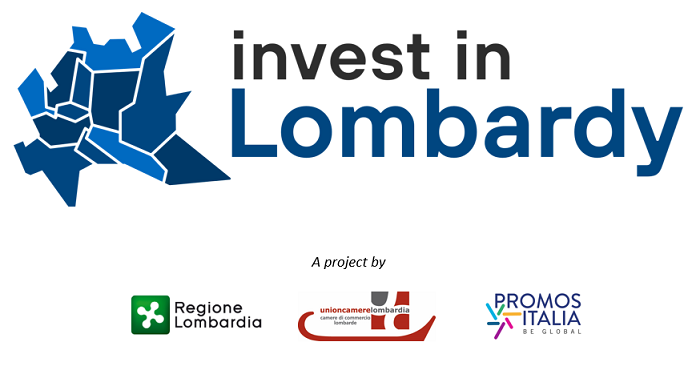While the Brexit negotiations are still far from having a well-defined outcome, the most important European cities have long been racing to take over from London as the main business district of the Union.
As one of Europe’s most competitive and advanced regions, Lombardy is called to gather a consistent share of the London Legacy. Its capital, the city of Milan, is the brightest star of the Italian productive system: the local GDP per capita amounts to €49.921 – twice as much as the European average – and this thanks to an outstanding potential for innovation and international appeal. The city is home to an extremely diversified pool of highly skilled talents over its 12 universities, and it is the national hub for innovative startups and disruptive companies. On top of that , the city hosts some of the world leading companies in a wide array of sectors, such as ICT & Media, Finance & Consultancy, R&D, and Chemicals & Pharma. In this regard, Milan is a serious candidate to host the next EMA headquarters – European Medicines Agency. The region attracts 60% of the Italian FDI and more than 3.000 multinational companies are based in Milan, the city with the highest density of multinational companies in Europe.
Milan and Lombardy’s attractiveness has greatly benefitted from recent national reforms that provide an easier and more convenient framework, thus widening opportunities for foreign investors. The labour market reforms have significantly reduced the court litigations thanks to the out-of-court settlement procedures, and the average length of litigations is now 7 months at the Court of Milan. On the fiscal side, the 2017 Budget Law has introduced:
- A Super-Depreciation regime with a 40% extra deduction of the cost of new assets
- A Hyper-Depreciation regime, where the acquisition cost of high-tech assets is increased by 150% for depreciation purposes
- A financial contribution for companies that upgrade their industrial plants
- A 50% Tax Credit on R&D expenses
- A facilitated fiscal regime on profits from direct/indirect use of intellectual property
The Budget Law also includes measures aimed at attracting foreign talents, such as:
- A € 100.000 substitute tax on all sources of income located abroad for the new Italian residents
- A long-term “Golden Visa” for non-UE citizens
- A tax rate reduction for “Highly skilled people”
The current legal framework offers a favorable environment for startups, making it easier for them to cover systematic losses, providing them with incentives to investment and with easier access to bank loans, together with an easier compensation of VAT credit and easier procedures in case of failure. Innovative SMEs can benefit from similar initiatives as well. In addition to the aforementioned benefits, they can have access to the following measures:
- Free access to #ItalyFrontiers
- Flexible corporate management
- Equity crowdfunding
- Exemptions on dummy companies
- Incentives to work for equity schemes
While the future for London is filled with uncertainty, Milan is now ready to take advantage of the tailwinds blowing from Britain thanks to a renewed legal framework and business environment that foster business development and spawn countless opportunities for investors.


